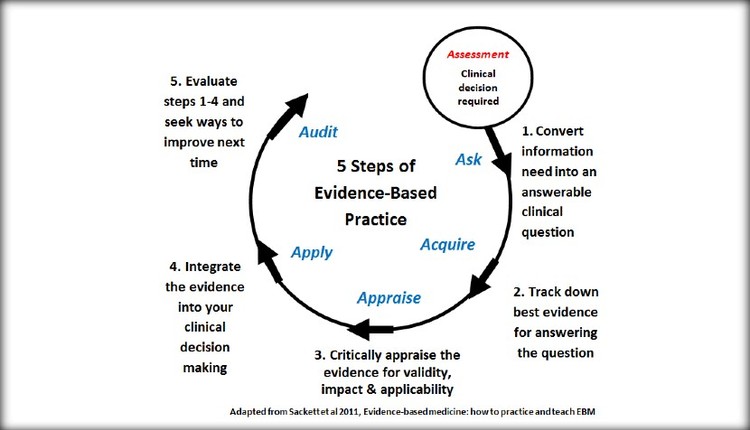You program sets and reps; you program selection and order of exercises; you program rest, volume and intensity. You might even program motivational strategies, cueing, and nutrition. But do you program education?
One of the biggest challenges personal trainers face is helping our clients navigate the plethora of information (and too often, misinformation) that pervades our profession. Clients follow dogma, myths, and even incorrect tips “based” on scientific evidence, often because they do not know where to turn. Unless we show them that we are knowledgeable in educational content related to their fitness and health, they will continue to seek information elsewhere. How can we create a culture for our clients that establishes us as their go-to resource to answer their educational questions? Here are some suggestions:
- Match the education goal with program goals. You match your program design to your client goals. Similarly, match your client goals with educational goals. Your client intake form or client interview should have a question or two about what area of education he/she is most interested in learning. If your client wants to lose 10 pounds, for example, plan educational information within each workout. Many trainers add this into their conversations during a training session but be deliberate about it. If your client sees you twice a week for 10 weeks, plan the education for each session for 10 weeks.
- Help clients understand how to recognize credible sources of information (especially you!). There is an unfortunate aphorism in most professions that an expert is one who knows the content and lives at least 75 miles away. Be the expert who lives close to home by demonstrating your knowledge of educational material related to your client’s goals and interests by supplying executive summaries of relevant articles on the topic. Include in the executive summary both sides of the topic and the evidence-based conclusion and provide the link to full articles in case your clients wish to read through the original articles. Keep it brief and be sure to not be condescending or judgmental in your summary.
- Provide workshops for topics that appeal to a broad base of clients. Workshops can foster an educational culture within your facility and promote your training philosophy of matching client interests, program goals, and educational content. Topics such as general nutrition, improving weekend warrior performance, and getting started on a safe and effective training program are of interest to clients and potential clients, and may help generate new clients.
Programming for your clients should include not only the typical variables such as exercise selection, exercise order, sets and reps, and rest periods, but also educational alignment to client goals. Personal trainers need to continue to seek the best educational content and find creative ways to share their knowledge and expertise with their clients. As WB Yeats said, “Education is not the filling of a pail, but the lighting of a fire.”



















